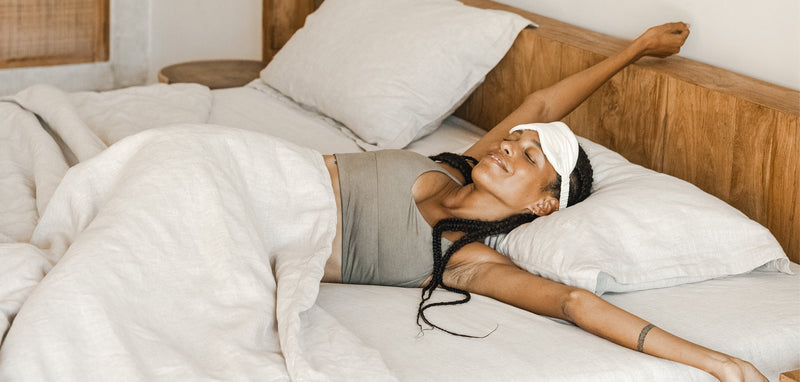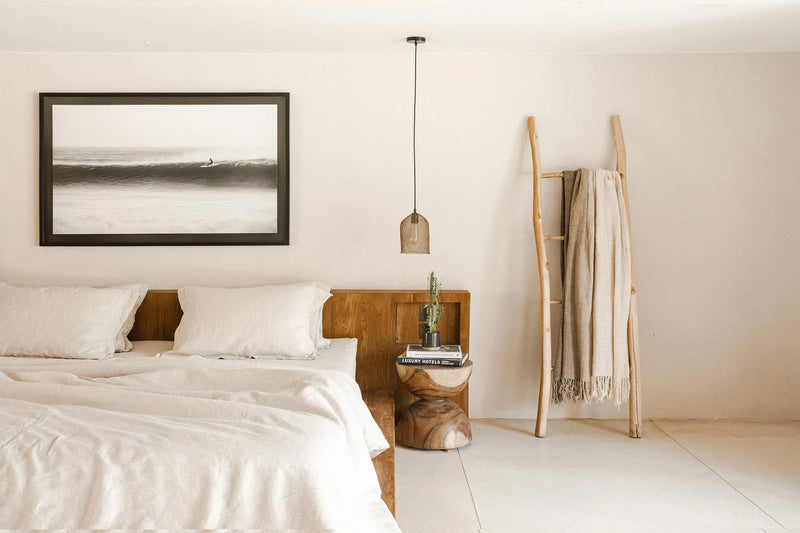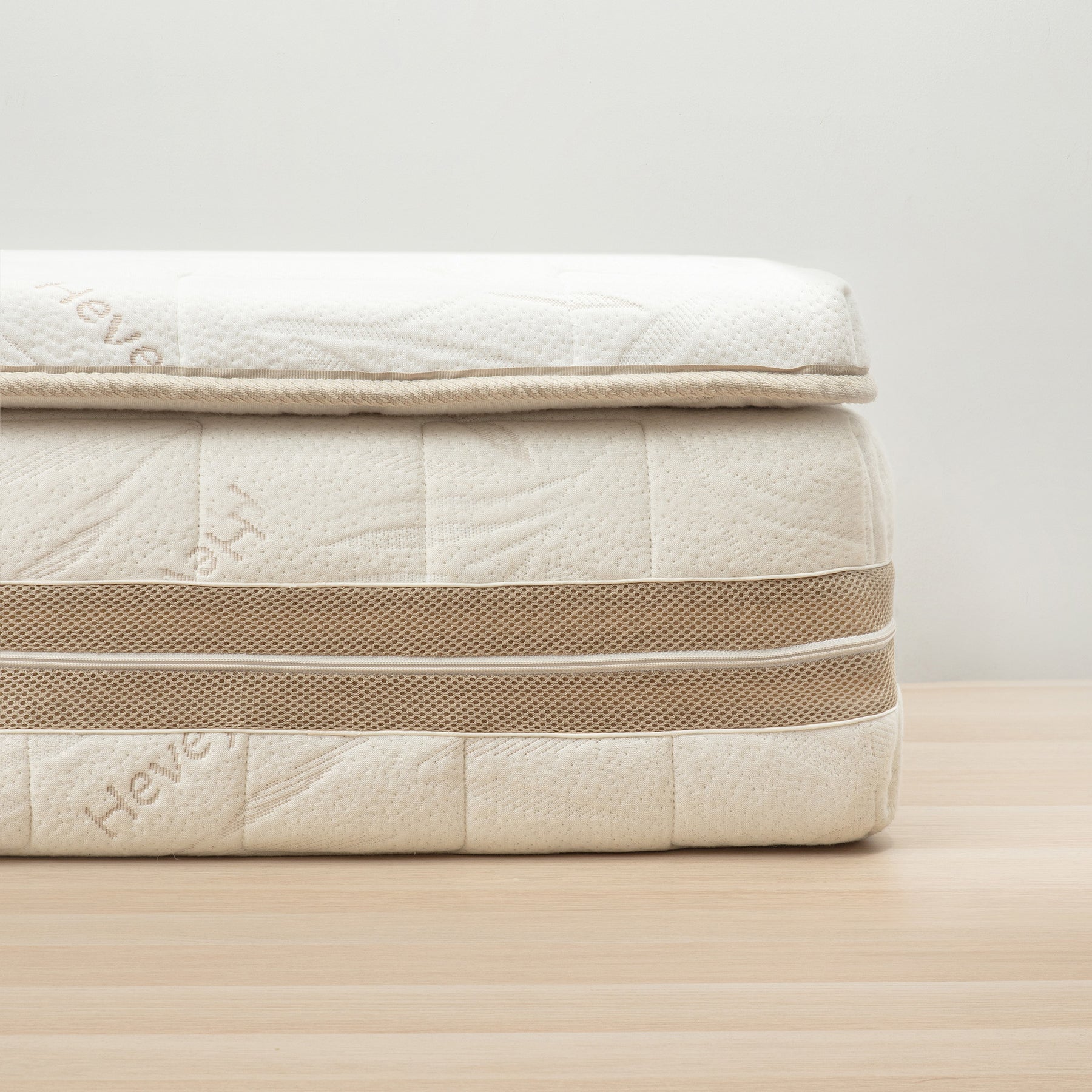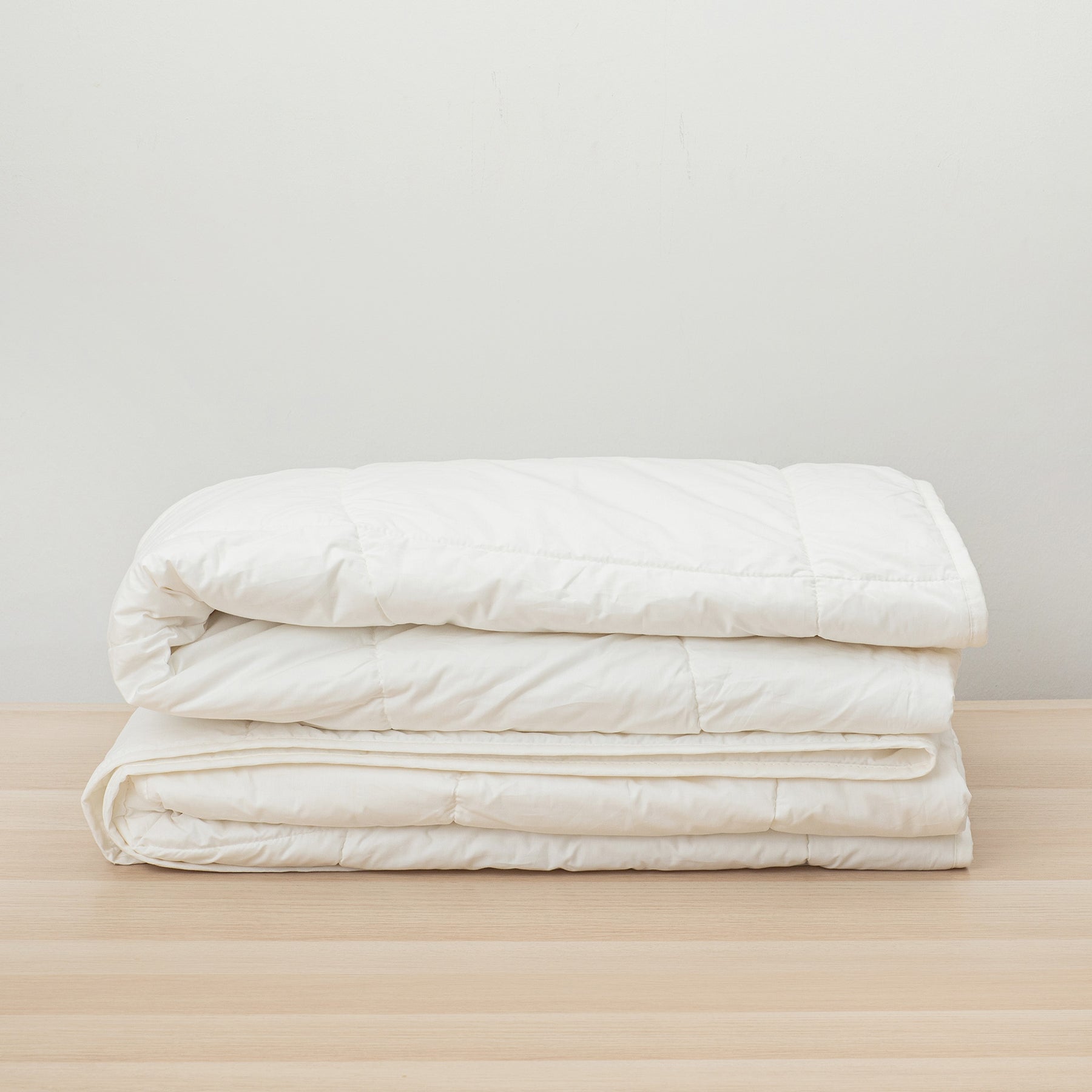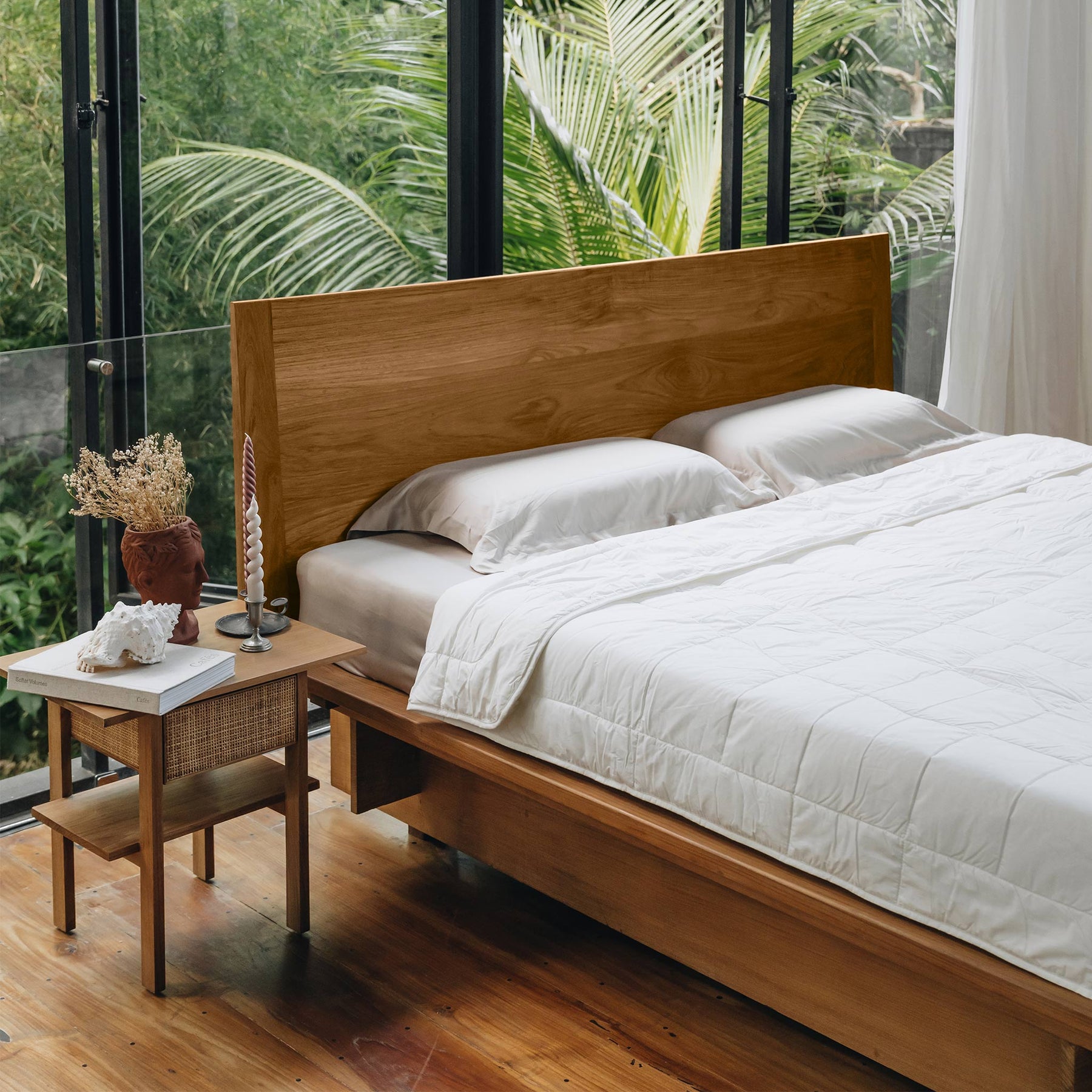Customers sometimes ask what is the best time to sleep and wake up. They like to know if there is really a ‘best or right time’ to sleep. The correct amount of sleep taken at the right time can make an enormous improvement to our well-being. In truth, there is no universal time that works for everyone. But each person does have a time that is best for them specifically.

Find out your body's natural circadian rhythm
The timing our bodies' functioning varies from person to person. So, the key here is to find out your own sleep and wake cycles. Surprisingly, this is harder than it sounds, because all too often external requirements such as work or social events will interfere with your own circadian rhythm.
Rest assured there are several ways you can find out what your natural circadian rhythm is. The first of these is a simple online questionnaire from the BBC which will produce a custom-tailored, highly accurate graph of your ideal sleep and wake times. The graph also indicates times at which you are most, and least, productive during the daytime.
Another option is a simple weekend experiment you can try for yourself at home. The advantage of this is that it is a practical, hands-on test of your sleep times in real life. This is a wonderfully accurate test.
A third option would be to keep a sleep diary. This allows you to discover not only your most optimal sleep times, but also your bad sleep times, through trial and error. However, one should be mindful that it requires a lot of care and understanding to interpret the results. For example, the results would be less accurate if one had an exceptionally stressful day or lack of sleep from the day before. A note of caution is that if you keep the same invariant sleep-wake routine every day, a sleep diary will not be helpful in informing you about your natural biological rhythms.
Morning people and night people are different
After finding out your natural circadian rhythm using the methods described above, you will find you fall into one of two overall groups: morning people or night people. These are also known as 'larks' or 'owls', respectively. A morning person or 'lark', as the name indicates, will be alert and function most highly during the morning or early afternoon. They tend to go to bed relatively early at night and do not find it overly difficult to wake up in the morning.
In contrast, a night person or 'owl' will have trouble waking up and tend to be groggy and sleepy in the morning. However, they are alert and highly functional in the late afternoon and evening. Owls will not do themselves any favours by going to bed early, since evening is when they are most alert and productive.
These differences are thought to reflect differences in how the brain is wired: in other words, these are intrinsic differences specific to each person.
Everyone needs sufficient sleep
The key to remember is that everyone needs sufficient sleep, regardless of whether you are a lark or an owl. This can be tricky for most adults, given the fixed nature of work schedules. For example, in an ideal world, a night person would go to bed and wake later than a morning person and start and end work at a later time. In practice, most work schedules simply do not accommodate this arrangement.
The good news is that there is still much that you can do to give yourself the best sleep times within the constraints of compulsory obligations such as a job. Firstly, to give yourself sufficient sleep, you should look at how much sleep you need to function optimally. Although eight hours of sleep a night is widely touted as ideal, this too varies from one person to another. The sleep tests mentioned above can help you determine how much sleep you need each night.
When you have determined how much sleep you require, simply count those hours backward from the time you have to be awake in the morning. The answer will give you the last possible time you have to go to bed: something which a night owl should try to adhere to, hard as it may be. For example, if you need to be awake by 6:30 am because of work and you have found out you need eight and a half hours of sleep, then you need to go to bed by 10:00 pm at the latest.
Of course, there is no problem with going to bed earlier than absolutely you have to, and waking up correspondingly earlier. If this is a better fit for your personality then by all means go to bed early: at the optimal time for you based on what you learned from the tests in. You can then use the extra leisure time in the early morning to relax and enjoy before you start your day.
What happens if my ideal sleep schedule clashes with other obligations?
If your obligations clash with your sleep schedule, then you need to look at your lifestyle in general and consider whether these obligations are true obligations. For example, a job starting at a specific time will indeed require you to wake up well before then. But if that is a problem for you, consider shortening your get-up time so you can wake up later. Selecting your work outfit the night before, showering the night before and not using any electronic devices (including TV) in the morning before you leave for work, can save you valuable time in the mornings and let you sleep in that little bit longer. If you're an owl, then this small amount of extra sleep may result in a surprisingly large improvement in your daily life.
Remember that some age groups will require more sleep than others; in particular the elderly and young children will need more sleep per night.
Naps are another option for helping to catch up on sleep. Again, due to work obligations, this may not be an option for most working adults. However, if it is possible, a short nap may be beneficial in helping to keep you fresh and recharged. In fact, it has been suggested that a solid 8-hour block of sleep is a rather artificial concept, and that a brief nap during the day and a mid-length sleep at night may be a better situation. Indeed, in some cultures such as in Spain, a siesta is built into the work culture. Jobs there finish at a later hour in the day, but it is compensated for by the nap built into the early afternoon.
Conclusion
The aim is to find out what you need for optimal sleep. If your ideal sleep times clash with the demands of true obligations such as work, then go with the closest possible sleep time that still allows you to fulfil these obligations. Enjoy being yourself - including your circadian rhythms - and it will make for a happier you. Stick as closely as possible to the sleep hours that are specific for you, and people around you will notice your upbeat mood. They'll probably want to know what your secret is! And hey - it's one you can happily share!

